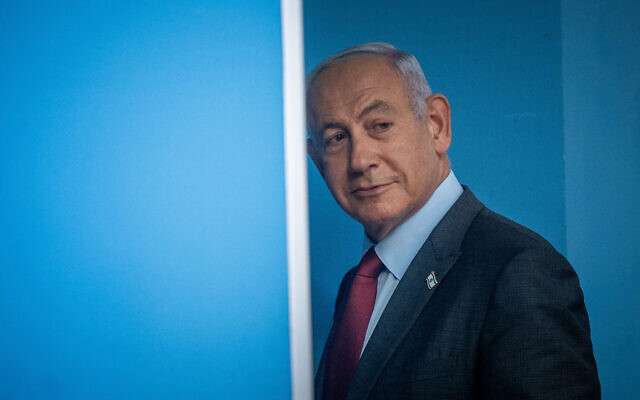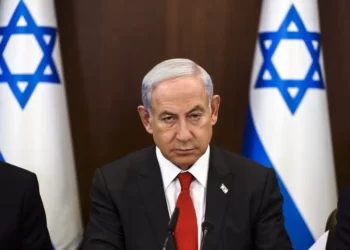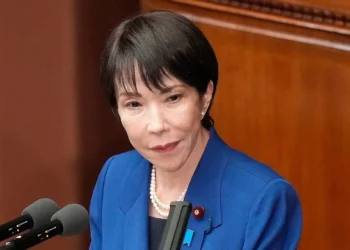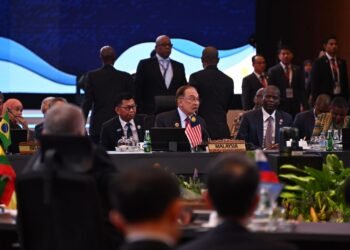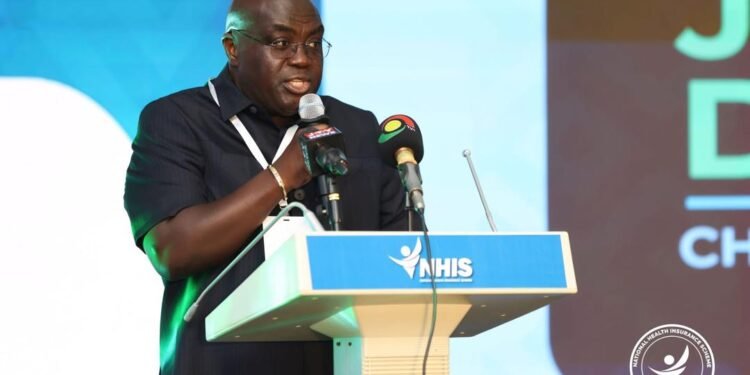Israeli Prime Minister, Benjamin Netanyahu has said that Israel and the US are weighing ways to secure the release of captives in Gaza that do not depend on a negotiated agreement with the Palestinian group.
This came after Israel and the US recalled their negotiating teams, throwing the future of the negotiations into further uncertainty.
Theteams left Qataron Thursday, July 24, 2025, as President Donald Trump’s special envoy, Steve Witkoff, said that Hamas’ latest response to proposals for a deal showed a “lack of desire” to reach a truce. Witkoff said that the US will look at “alternative options,” without elaborating.
In a statement released by his office, Netanyahu echoed Witkoff, saying, “Hamas is the obstacle to a hostage release deal.”
“Together with our US allies, we are now considering alternative options to bring our hostages home, end Hamas’s terror rule, and secure lasting peace for Israel and our region.”
Benjamin Netanyahu
A breakthrough on a ceasefire deal betweenIsrael and Hamashas eluded the Trump administration ashumanitarian conditions worsen in Gaza.
Israel has come under mounting pressure as hunger among Gaza’s more than 2 million people has worsened anddeaths related to malnutritionhave accelerated.
In recent days more then two dozen Western-aligned countries and more than 100 charity and human rights groups have called for an end to the war, harshly criticizing Israel’s blockade and a new aid delivery model it has rolled out. The charities and rights groups said that even their own staff werestruggling to get enough food.
Hamas Official Says Negotiations Expected To Resume Next Week
Meanwhile, Hamas official, Bassem Naim said that he was told the Israeli delegation returned home for consultations and would return early next week to resume ceasefire negotiations.
Hamas said that Witkoff’s remarks were meant to pressure the group for Netanyahu’s benefit during the next round of talks and that in recent days negotiations had made progress.
Naim accused Witkoff of misrepresenting the state of ceasefire talks, after Witkoff claimed Hamas was not “acting in good faith” with its response to the latest proposal andannounced the US team would leave negotiations.
“The negative statements of the US envoy Witkoff run completely counter to the context in which the last negotiations were held, and he is perfectly aware of this, but they come to serve the Israeli position.”
Bassem Naim
Naim said that several gaps had been nearly solved, such as the agenda of the ceasefire, guarantees to continue negotiating to reach a permanent agreement and how humanitarian aid would be delivered.
The sides have held weeks of talks in Qatar, reporting small signs of progress but no major breakthroughs. Officials have said that a main sticking point is the redeployment of Israeli troops after any ceasefire takes place.
The deal under discussion is expected to include an initial 60-day ceasefire in which Hamas would release10 living hostagesand the remains of 18 others in phases in exchange for Palestinians imprisoned by Israel. Aid supplies would be ramped up, and the two sides would hold negotiations on a lasting ceasefire.
The talks have been bogged down over competing demands for ending the war. Hamas says it will only release all hostages in exchange for a full Israeli withdrawal and end to the war.
Israel says it will not agree to end the conflict until Hamas gives up power and disarms. The militant group says it is prepared to leave power but not surrender its weapons.
Hamas is believed to be holding the hostages in different locations, including tunnels, and says it has ordered its guards to kill them if Israeli forces approach.
Some 50 hostages remain in Gaza but fewer than half are believed to be alive. Their families say the start-stop talks are excruciating.
READ MORE:Eni Q2 2025 Profits Drop 25% Amid Lower Oil Prices

